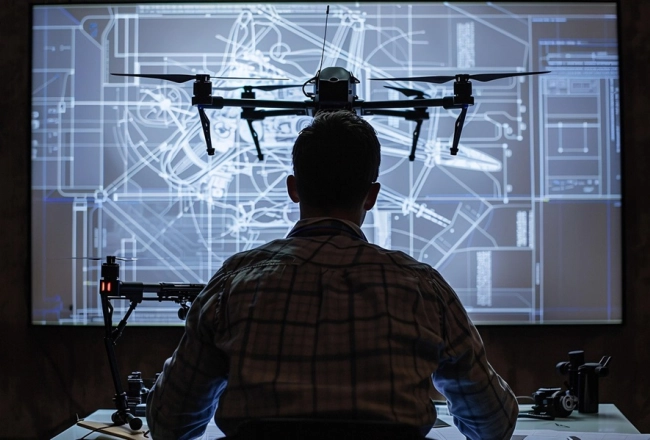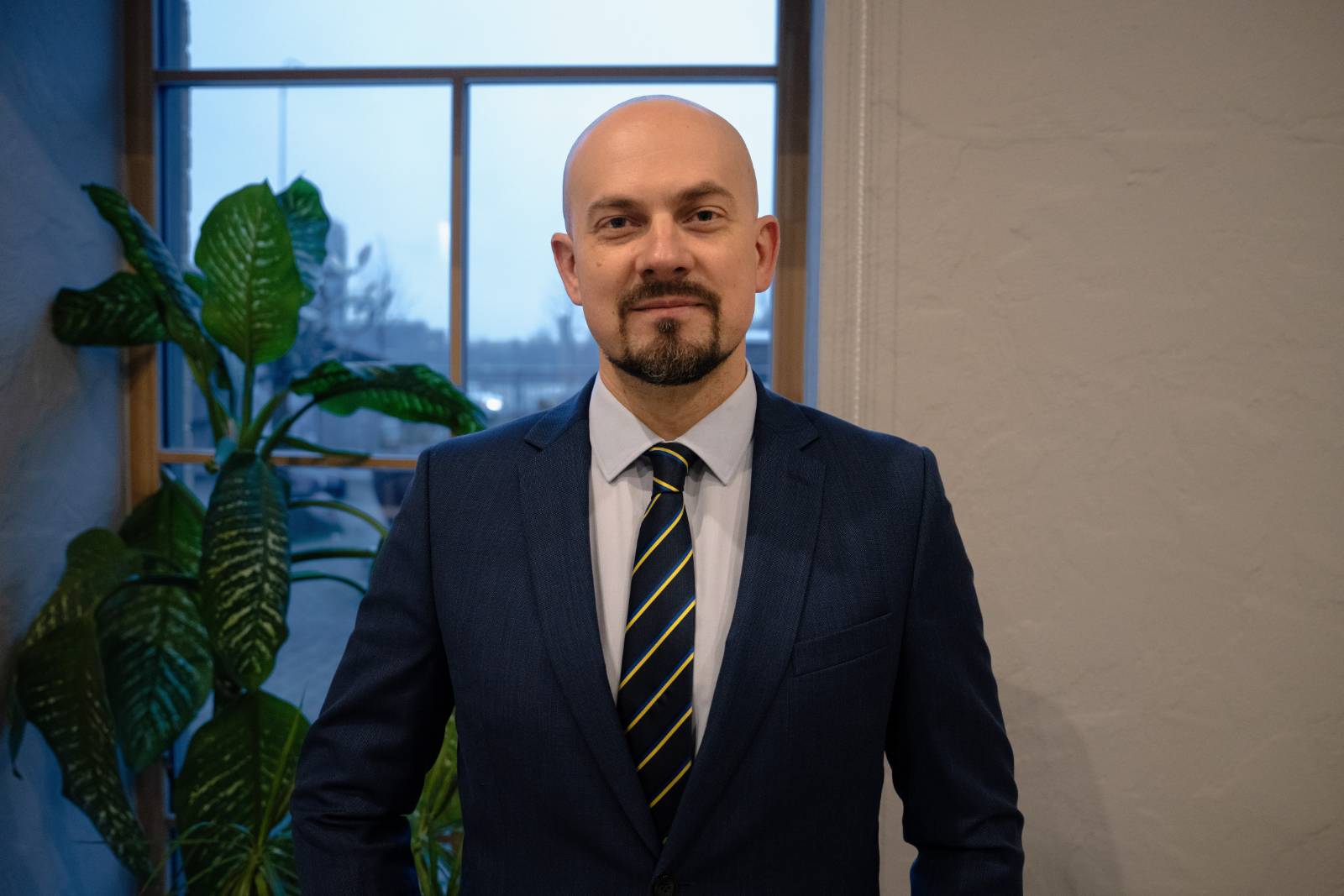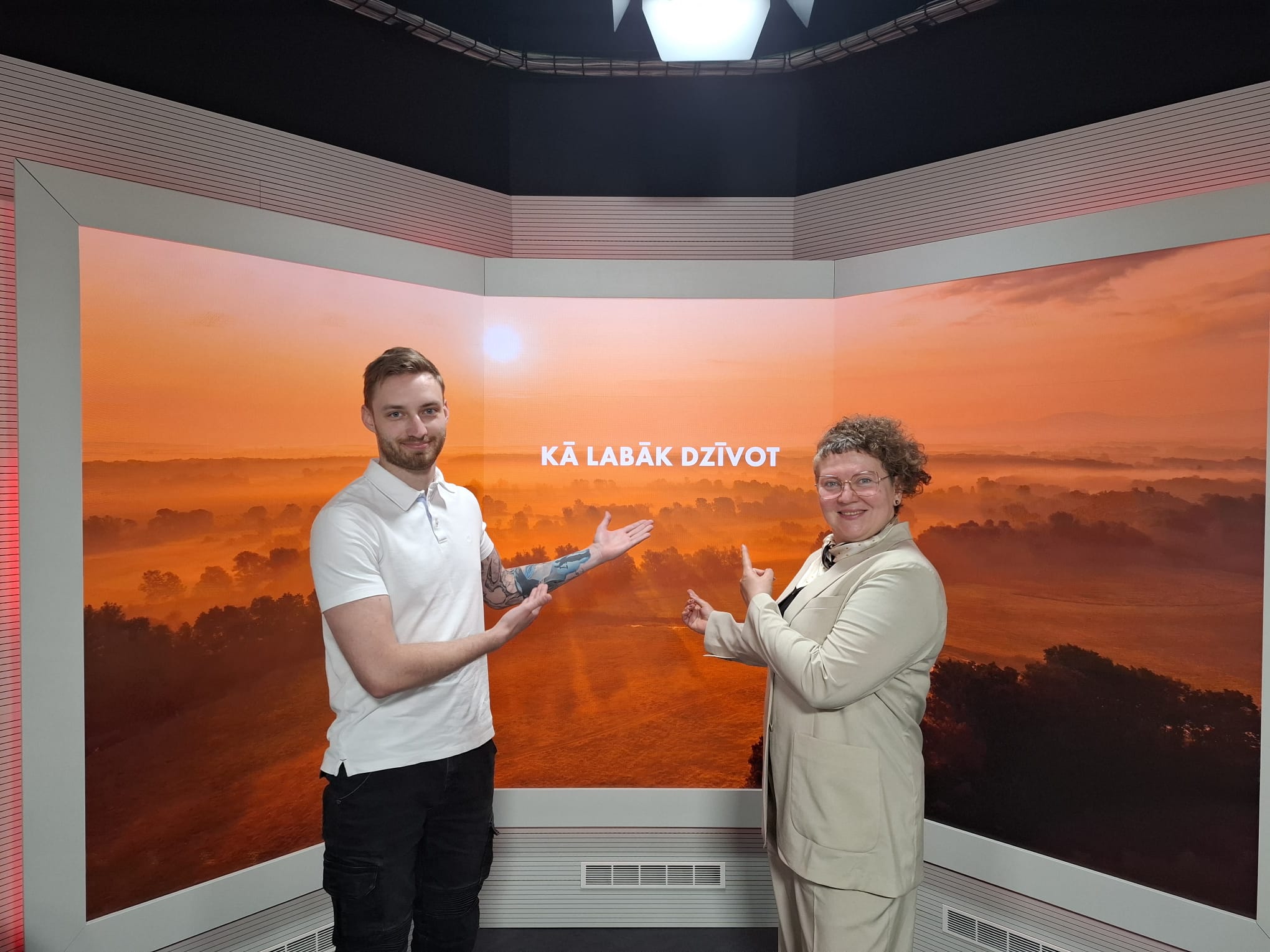26.02.2025
Human rights in times of crisis. Reflections on the third year of the war in Ukraine

Foto: Kaspars Filips Dobrovoļskis
Ilze Bērziņa
Crisis situations such as hybrid threats, armed conflicts, natural disasters, pandemics and economic crises often pose major challenges to the protection of human rights. In such circumstances, states and the international community must ensure that fundamental freedoms and rights are protected, even if the situation requires drastic measures.
The concept of human rights in crisis situations is mostly associated with the saying “saving the drowning by the drowning themselves.” However, as we know, the key word here is the individual’s right to be protected by the state. How far or how close are we to this saying in terms of access to state support in times of crisis? What situations and crises are we talking about?
Protection of human rights during war and armed conflict
Armed conflicts are one of the greatest threats to human rights and humanitarian law, as they are often associated with war crimes and refugee crises. International humanitarian law, including the Geneva Convention, stipulates that civilians and prisoners of war must be protected. However, many countries and armed groups ignore these principles, resulting in massive human rights violations. Unfortunately, this is also happening in the 21st century, right here in Europe, close to us. There are reports of deliberate killings of civilians, failure to provide assistance to the wounded and sick, lack or absence of first aid medicines, and other violations committed against the population.
Natural disasters and pandemics
Natural disasters such as earthquakes, floods and hurricanes can cause forced displacement, the collapse of healthcare systems and food shortages. Human rights in such cases include access to basic needs, as well as the state’s obligation to provide information and take effective action.
Pandemics such as Covid-19 have highlighted the complexity of balancing public health protection with individual freedoms. The restrictions on freedom of movement experienced have had a significant impact on economic and social rights. Human rights activists and prominent public figures have argued that the right to health and life should not have been a reason for such extensive restrictions on freedom of movement and assembly. Unfortunately, in many situations and countries, particularly under authoritarian regimes, this has led to even greater restrictions on human rights, as well as often unjustified collection of information on citizens’ habits, movements and personal data.
Basic need: the right to health and healthcare
In all of the above situations, accessibility and sustainability of health care is a basic need for every citizen. The right to health is a human right that is also protected by the European Convention on Human Rights and Fundamental Freedoms and Article 111 of the Constitution of the Republic of Latvia. It is the duty of the state to strengthen support mechanisms and ensure that medical assistance and medicines are available to citizens even in emergency situations.
Access to medicines and health care services is essential to ensure public health. International law requires governments to take measures to guarantee access to essential medicines, vaccines and medical care, including by supporting vulnerable people with state-funded care. But are we, here in Latvia, ready for the potential challenges?
It seems absurd that we are increasingly hearing reports that people are afraid to call emergency services because they do not want to pay the bill. It is also sad that medical workers are particularly aware of the lack of state funding for their profession. Although the situation is explained, public concern remains. Medical workers themselves complain about low wages and inadequate social security.
During the pandemic, several countries introduced emergency measures to ensure access to health care for all groups of the population. However, there has been debate among experts about the effectiveness of the system. Due to many individual factors, it is not easy to provide equal treatment and access. Ensuring public safety and protecting vulnerable groups such as children, the elderly, and people with chronic conditions who may lack reserves is a complex task. To do this effectively, it is necessary not only to take into account previous experience and lessons learned, but also to proactively prepare for possible crisis scenarios.
These various crises can deepen inequality and discrimination in society by limiting access to work, education and healthcare. The state must provide support mechanisms to protect vulnerable groups, as this is known to be an indicator of the overall vulnerability of society. In Latvia, there has been a long-standing debate about unequal access to goods and services, especially in rural areas and remote regions. Recently, the issue of access to pharmacies in urban and rural areas, as well as medicine reserves in crisis situations, has also become topical. Zane Dzirkale, co-founder of the think tank “Healthcare System Sustainability” and a certified pharmacist, recently expressed her views on this issue in a publication.
Solutions?
The state, which has been mentioned several times, is, of course, first and foremost, each and every one of us. With our roles and responsibilities. However, experience in recent years has shown that communities and public organizations, community centers, and service centers in municipalities and cities have great power. We have no shortage of examples of good practice. The Latvian Platform for Development Cooperation responded swiftly to the need to provide assistance to Ukraine, and we also have excellent examples of community cooperation in municipalities and in Riga. The Marta Centre, the Tavi draugi association and many other public organizations continue to provide assistance to Ukraine. Crisis situations have shown that the power of communities has been underestimated, but the need to use it and to cooperate continues to grow.
The power of the community is also reflected in community policing, where not only the police are involved in maintaining public order, but residents also take on a certain responsibility. Community policing is based on building trust, preventive security measures and more effective crime prevention, where the police not only respond to violations but also actively cooperate with communities to solve local problems. As we remember, a drone was also found in the Latgale meadows by a local resident, who was the first to call the local State Police unit, which had to resolve the situation before it gained widespread attention in almost all national media. This community-oriented approach is being successfully implemented in the European Union and has also become an integral part of the State Police strategy.
Conclusions
The protection of human rights, especially health and life in crisis situations, is one of the greatest challenges facing the world today. The international community, national governments and non-governmental organizations must work together to ensure that these rights are not violated even in the most severe crisis situations. Sustainable and effective health policies can significantly improve people’s living conditions and promote stability and resilience, including protecting people’s health and lives. Equally important is the support of communities and non-governmental organizations, both in times of peace and in times of crisis.
The author is a co-founder of the think tank Health Care System Sustainability, a human rights expert, and a lecturer at the Faculty of Social Sciences of Riga Stradins University.



